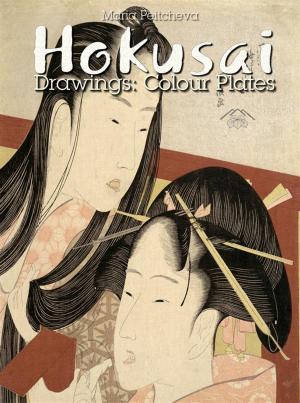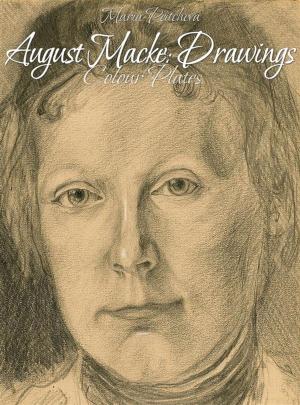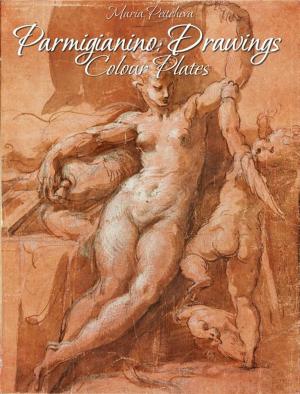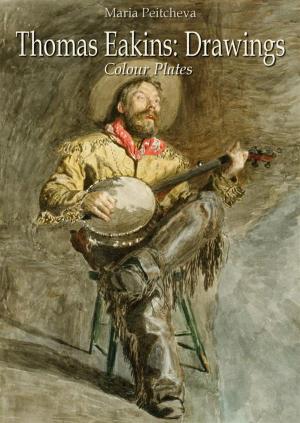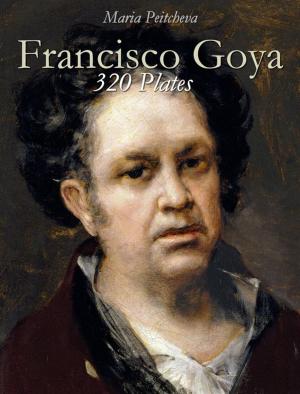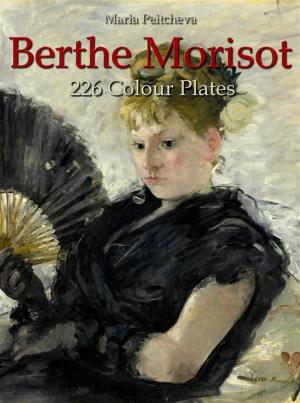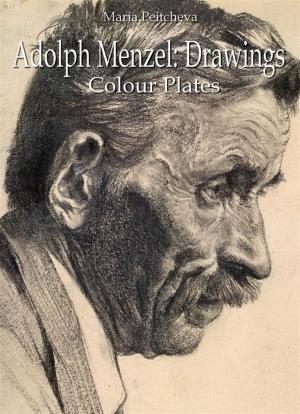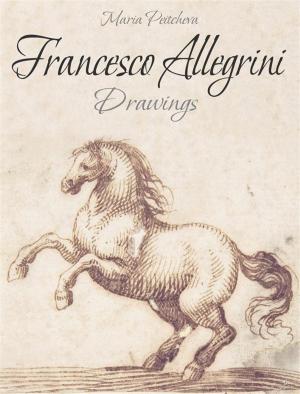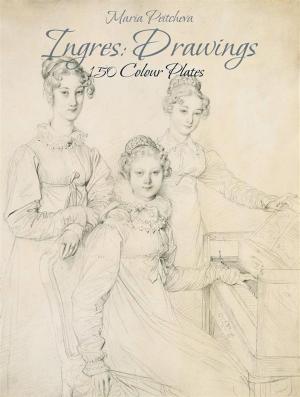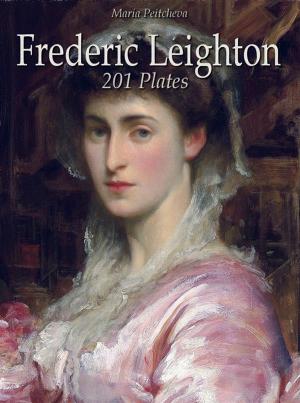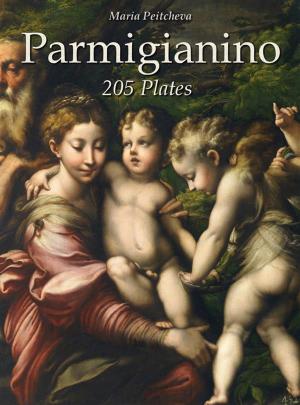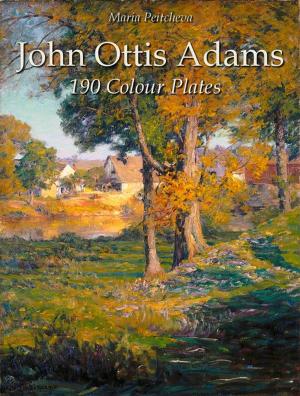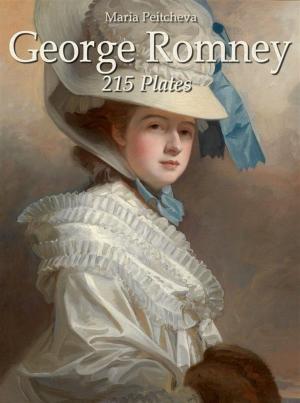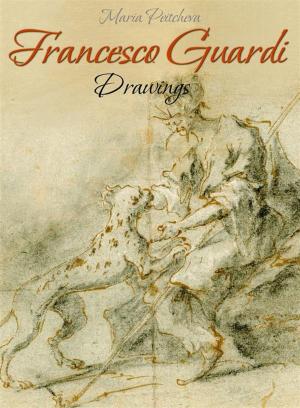| Author: | Maria Peitcheva | ISBN: | 9788892572324 |
| Publisher: | Maria Peitcheva | Publication: | March 17, 2016 |
| Imprint: | Language: | English |
| Author: | Maria Peitcheva |
| ISBN: | 9788892572324 |
| Publisher: | Maria Peitcheva |
| Publication: | March 17, 2016 |
| Imprint: | |
| Language: | English |
Essential figure in the transition from Realism to Impressionism, Edouard Manet was an influential painter who left his own unique mark on the art world. In 1856, in his early thirties, Manet opened his own studio. He began painting in a quasi-realist style, which transitioned to a more Impressionist style when he met the painter Berthe Morisot, who exposed him to her circle of Impressionist painter friends, including Claude Monet and Pierre-Auguste Renoir. Many of Manet’s works revolved around depictions of leisure activities, including observations of social life in all of the classes, from bourgeois horse racing to prostitutes drinking, to the streets of Paris and boating scenes, many of which were made from sketches done on the spot. Although his work was Impressionistic, he resisted involvement with any specific style of painting, and thus preferred to present his works to the Salon of Paris rather than the many Impressionist Exhibitions.
Essential figure in the transition from Realism to Impressionism, Edouard Manet was an influential painter who left his own unique mark on the art world. In 1856, in his early thirties, Manet opened his own studio. He began painting in a quasi-realist style, which transitioned to a more Impressionist style when he met the painter Berthe Morisot, who exposed him to her circle of Impressionist painter friends, including Claude Monet and Pierre-Auguste Renoir. Many of Manet’s works revolved around depictions of leisure activities, including observations of social life in all of the classes, from bourgeois horse racing to prostitutes drinking, to the streets of Paris and boating scenes, many of which were made from sketches done on the spot. Although his work was Impressionistic, he resisted involvement with any specific style of painting, and thus preferred to present his works to the Salon of Paris rather than the many Impressionist Exhibitions.

